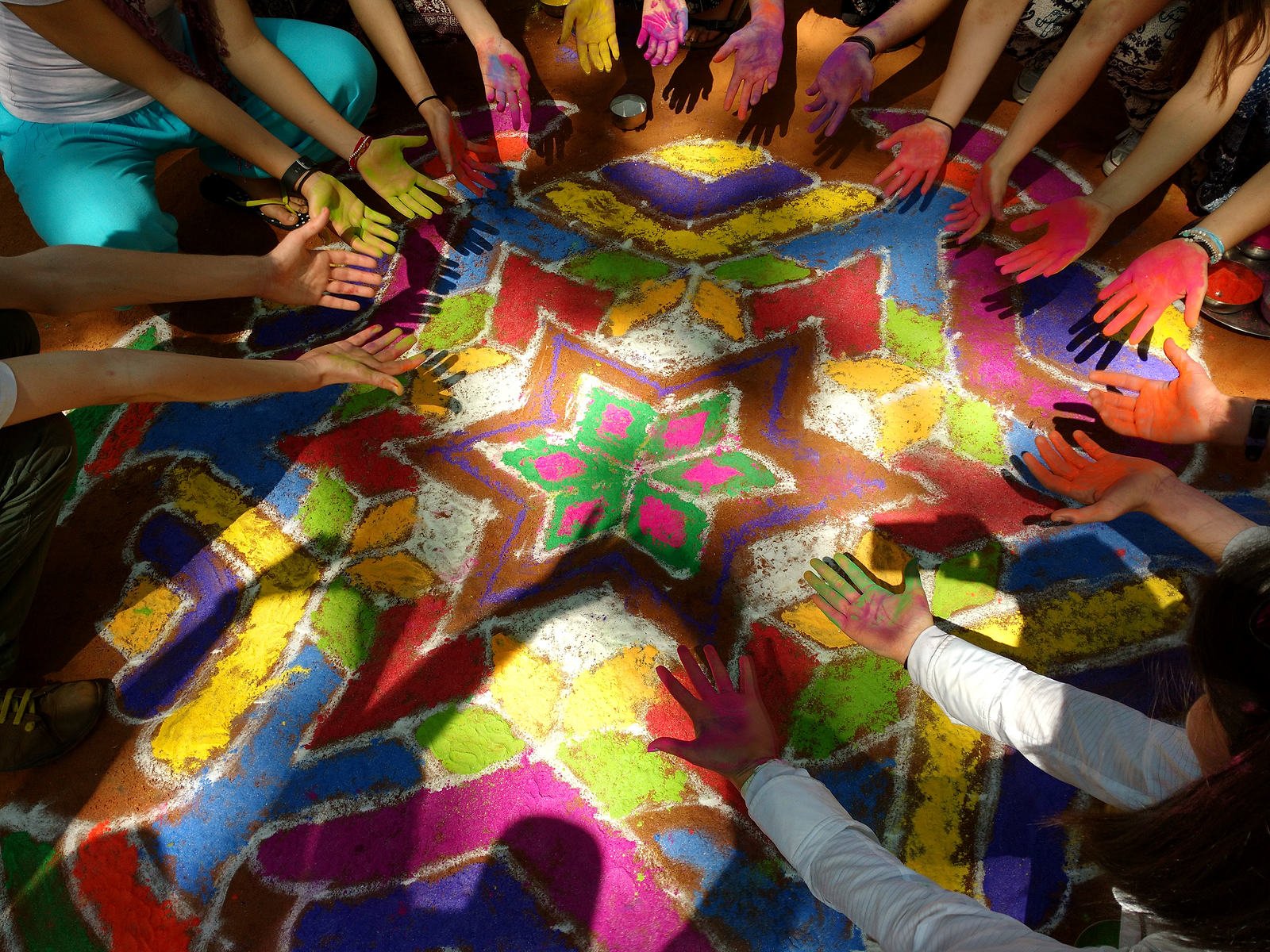-
This 12-day study visit will travel to three vastly contrasting South Indian Cities in Karnataka and Kerala. The journey between these cities will take you to rivers, farmland, spice forests and to the coastal backwaters. We will visit religious sites, markets, palaces and forts in each settlement.
The focus of the journey will be resource development, specifically enabling teaching about India through geographical enquiry skills.
We will share ideas for ‘India’ topic resource development, with an aim to equip KS1 and KS2 teachers with ideas and resources for a thoughtfully developed and creative cross-curricular topic.
-
The journey summary: The study visit will begin with a flight to Bengaluru, where we will gather and introduce the programme. This visit will then have three focus areas: Bengaluru and Mysuru in Karnataka, followed by Kochi in Kerala - three contrasting place study localities in South India:
As we journey we will visit temples, village shrines and the pilgrimage spaces to learn about the wide variety of different religious and cultural traditions within the region and we will visit arts and crafts contexts to be inspired by local artistic skills.
A locality study: We will develop a KS1 rural locality study of Silvepura village and the nearby Hessaraghatta town, and a contrasting urban locality study of the city of Bengaluru. These case studies will examine the human and physical geography of these two localities using simple fieldwork and observational geographical enquiry skills.
Enquiry, mapping and geographical thinking in Geography: All of the activities and excursions will involve different enquiry based activities, to learn, develop and practise transferable simple fieldwork techniques. We will map both localities in different ways; sensory mapping, clue finding, emotion mapping, alongside traditional map skills. We will conduct derives and enquiry transects, engage in journaling as a learning tool, and use questioning to develop geographical thinking.
Resource development: There will be a strong focus on how to ‘take back the learning’ with suggestions for resources that could be gathered and used; Story gathering, artefact gathering, sound and film clip gathering and the development of a ‘school bag’ resource, which we will discuss, purchase and develop as a group.
Geographical photograph resource development: We will engage in many different forms of photography projects, and share ideas as to how photographs could be used on return to school in creative and engaging ways.
Creativity in Geography: Alongside the evident focus on Geography there will be a strong emphasis on how other subjects and topics can be incorporated into an India topic. This will be developed by creative and participatory workshops in music, patterning, printing, weaving, songs, stories, dance and cookery.
Collaborations with teachers: We will meet with school teachers through a workshop-based mini conference and will focus on enquiry as a tool - sharing ideas and methods, successes and challenges from our different educational contexts within subjects.
-
For KS1: KS1 Geography includes a contrasting locality study with a very large focus on enquiry in geography, and development of geographical thinking skills. This will be linked to KS2 classes in order to create continuity between the key stages.
...understand geographical similarities and differences through studying the human and physical geography of a small area ….of a contrasting non-European country.
..use simple field work and observational skills…
For KS2: There is no specific mention of India or development in the KS2 spec, however teachers of KS2 are often keen to develop on the KS1 contrasting locality study as described above, through a more in-depth look at localised rural and urban settlements, land use change, natural resources (water particularly), economic activity (relating to development) which covers these elements from the Geography programme of study:
..describe and understand key aspects of: Human geography, including settlements, land use, economic activity, including trade links, and the distribution of natural resources.
-
Day 1: 29th July. Arrival and orientation. Arrival, orientation, welcome and introductions. Afternoon learning Rangloli patterning traditions. An evening walk through farms, fields and plantations. Evening location: Guest house in Bengaluru.
Day 2: 30th July. Enquiry in Geography: Morning - An introduction to what is enquiry in geography? A focus on geographical thinking skills, developing ideas for practical participatory activities. Conducting creative mapping activities at the Land and through Silvepura village. Afternoon visit to ‘The Fig tree’ learning centre to hear about their work and to share geographical teaching ideas. Learn from them about geographical story telling. Evening - planning photography projects. Evening location: Guest house in Bengaluru.
Day 3: 31st July. Rural locality study. Walk/Cycle ride through rural areas, visiting shrines, and exploring local markets, conducting a rural derive and taking geographical photographs. Afternoon visit to a vegetable market to buy ingredients. Evening cookery workshop, to introduce the range of South Indian cuisine. An evening talk to introduce Bengaluru's change and development. Evening location: Guest house in Bengaluru.
Day 4: 1st August. A contrasting Urban locality study. An urban enquiry transect exploring Bengaluru's globalization and development, practising transferable fieldwork techniques and use of geographical questioning. Visit the flower market and a block printing unit to learn about traditional and ecological printing processes and block carving. Visit a book shop to purchase storytelling resources, and visit the commercial district. Evening location: Guest house in Bengaluru.
Day 5: 2nd August. The religions of South India. A drive towards Mysuru, stopping at Jain, Buddhist religious sites (Sravanabelagola, and Bylacuppe) ending in Mysuru city. Evening location: Hotel in Mysuru.
Day 6: 3rd August. Mysuru history. Mysuru’s culture and silk production. Visits to the silk factory, the palace, the market, continuing to conduct photography projects, and use enquiry skills of questioning and simple fieldwork to gather resources and information. Evening location: Hotel in Mysuru.
Day 7: 4th August. The resources of the cauvery river. Srirangapatnam. An early morning boat ride in Ranganathittu bird sanctuary, visit Srirangapatna and the summer palace and fort. An afternoons journey to explore the resources of the river cauvery - silk, sugar cane, jaggary, stopping at Somnathpur temple. Continued photography projects and enquiry questions to learn about the resources of the river. Evening location: Guest house in Bengaluru.
Day 8: 5th August. Artifact gathering, Music and folk dance. A morning to plan and purchase a school bag resource, and other teaching artefacts from a market. An afternoon music and dance workshop to introduce Indian folk dance. Evening: transfer to the train station for an overnight sleeper train to Kerala. Evening location: Sleeper train to Kochi.
Day 9: 6th August. Changing Kochi. Arrive and transfer to Kochi. Learn about change in the region. Walk along the harbour and market, with a possible Kathakali dance performance, Continue photography projects and enquiry questioning activities. Evening location: Hotel in Kochi.
Day 10: 7th August. Kerala backwaters. A days boat ride along Kerala's backwaters, examining spice trading heritage and agricultural resources, and a malabar cookery introduction. Evening location: Hotel in Kochi.
Day 11: 8th August. Kochi’s history. Exploring Kochi's harbor, Fort, Synagogue and Churches. Visit a weaving textile production unit before transferring to the station for an overnight sleeper train to Bengaluru. Evening location: Sleeper train to Bengaluru.
Day 12: 9th August. Bengaluru and shopping. Arrive back in Bengaluru. Rest before visiting commercial district near to the hotel for shopping opportunities. Reflecting and debreifing. Sharing ideas for teaching and learning materials. Discuss future collaborations and debrief. Evening location: Guest house in Bengaluru.
Day 13: 10th August. Return flight. Transfer to airport in the early hours of the morning and return to the UK by lunchtime the same day.
-
If all that is proposed is included the cost will be £1800 per person.
Early bookings before the end of December 2024 will be £150 less due to lower early booking costs.
This cost will include:
Accommodation: All accommodation for the full two weeks in India in simple but comfortable homestays and hotels.. Please let us know if you would like to have a single room supplement (where possible) at £350 additional cost.
Transport: All in-country transport, in cars, minibuses and overnight trains.
Breakfasts and lunches:. All breakfasts and lunches are included which will usually be vegetarian South Indian meals, and bottled drinking water will be provided throughout. Evening meals are not included, which allows for flexibility and choice during evenings.
Preparation processes and our pack: We provide a detailed preparation process including a pack for supporting your planning and preparations, and meetings before the trip - details of our preparation process are found below.
Resources: We provide a printed resource booklet for guidance, contacts and safety whilst travelling, as detailed below.
Guidance and facilitation: Guidance and support throughout the journey from the point of booking until the end of the journey with us in India.
Financial security: Your money is safe with coverage provided through Travel Vault. Please see the details provided on our financial coverage and liability insurance.
This cost will not include:
The return flight to India: This is usually around £700, but costs can vary depending on your choice of carrier and the time of year.
Travel insurance: You will need to purchase appropriate travel insurance for the flight and the duration of your stay in India. This is mandatory for all participants. It is rarely more than £30 per trip.
Visa for India: This costs about £30. This is quite simple compared to previous years. Available online, and must be done by individuals. We provide detailed guidance on this in our preparation pack.
Evening meals: Please allow a food budget for evening meals which are not included in the cost - we find that participants enjoy relaxing in the evenings and have a range of choices for dinners, so this will be part of your personal expenditure.
Cultural/ wildlife site entrance, and tips for guides: These are very difficult to budget for as sometimes availability and price vary from place to place, and keeping this out of the budget allows for flexibility in the programme and choice of activities.
We hope that this helps with making your plans. Please do be in touch with any questions about these costs.
FAQ’s and preparation
Please check our preparation information for details that apply to all our travel projects. The questions and answers below are specific to this project
-
You will stay in simple but comfortable hotels, guest houses, and homestays, which have shared space for discussions and evening get-togethers. Most of our accommodation will be in twin shared accommodation, and if you wish to have a single room please let us know. The details of the accommodation for each location will be provided in the preparation pack and at our meeting before the trip.
-
The majority of travel will be by mini-bus and taxi. There will be two overnight sleeper train journeys, and we will use autorickshaws for local transport.
Some days will involve very early mornings, and some days will involve a lot of travelling from one location to another. The process of some days will involve the journey at the heart of the activities, as opposed to simply a means to getting somewhere. You will be able to ask questions at each place that we stop, and there will be opportunities for your unanswered questions to be cleared at the end of each journey. Questioning, enquiry, exploring, and observing are all very much part of the process.
-
Kiran Sahi and Imogen Sahi from the Stepwell Team will lead this trip alongside Susan Knight who is an expert in educational travel with many years of experience working with the Geographical Association international special interest group. This trip is a guided and supported travel experience and you will be accompanied by our team throughout. They will coordinate with you before the trip to talk through the process of the journey and how to prepare. They will meet you on arrival in India and will guide you throughout the journey to interpret, explain and facilitate the journey.
-
Our journeys in India require that participants book a return flight to India independently, timed to arrive and depart at the relevant Indian airports according to the programme attached. This allows for flexibility of flight costs and carriers and allows participants to travel before/after the journey in India if they wish. We require that you purchase a flight that includes ATOL protection.
-
July and August are typically in the monsoon season in South India. You can expect cooler temperatures than at other times of the year and it is very likely to rain heavily. However, there can be some variations in weather conditions between Bengaluru and the Coastal area of Kochi due to their specific geographical locations.
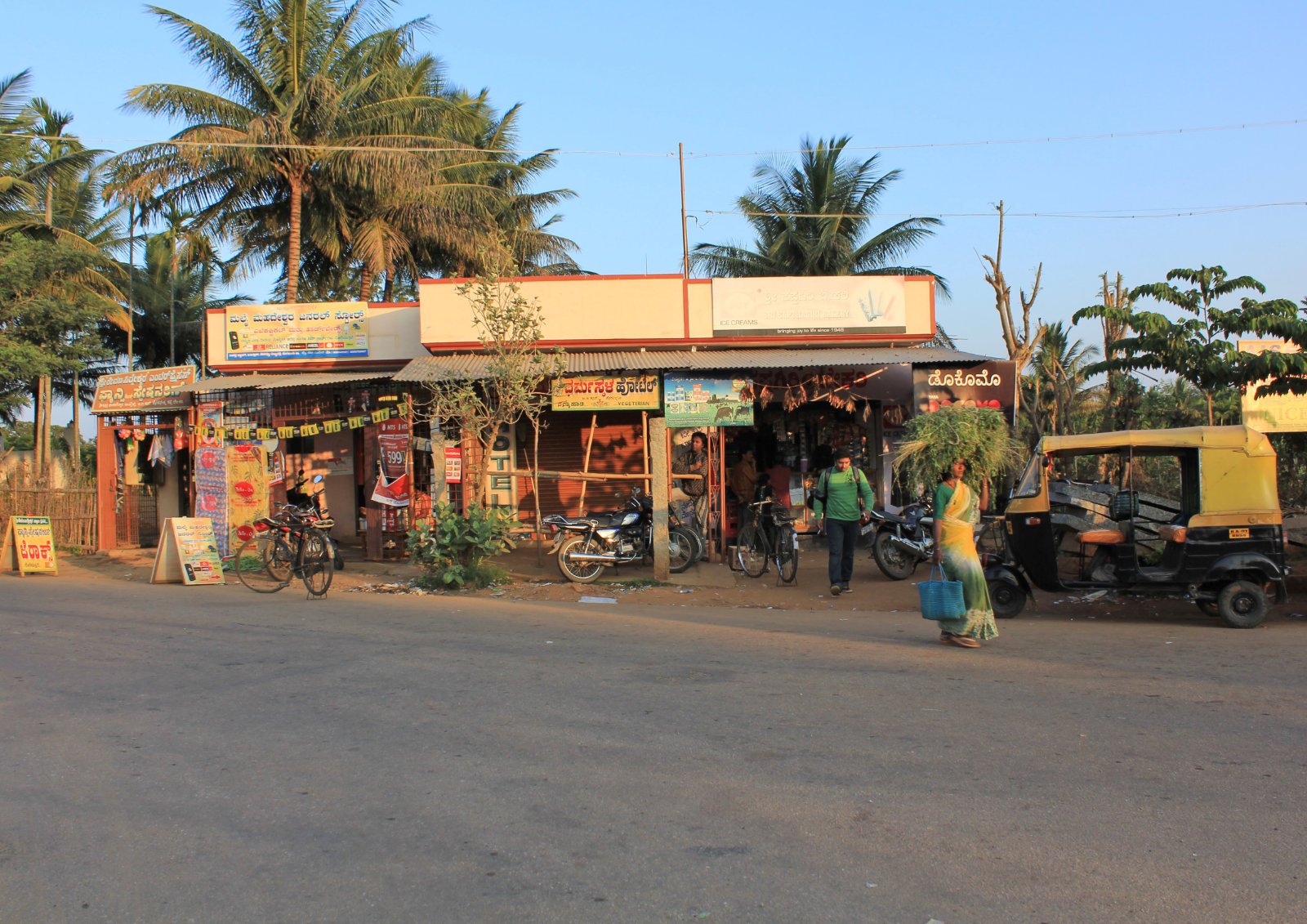
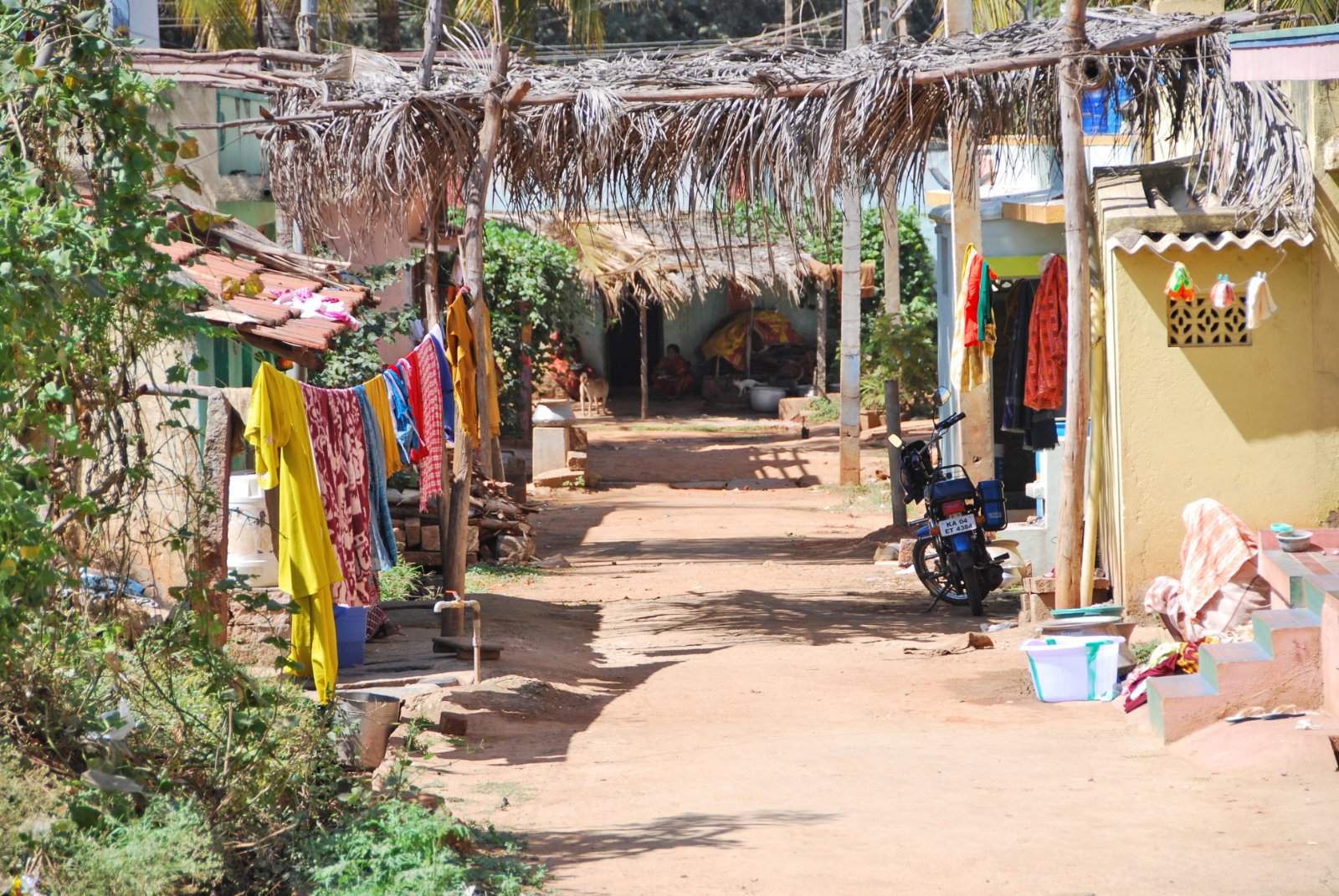

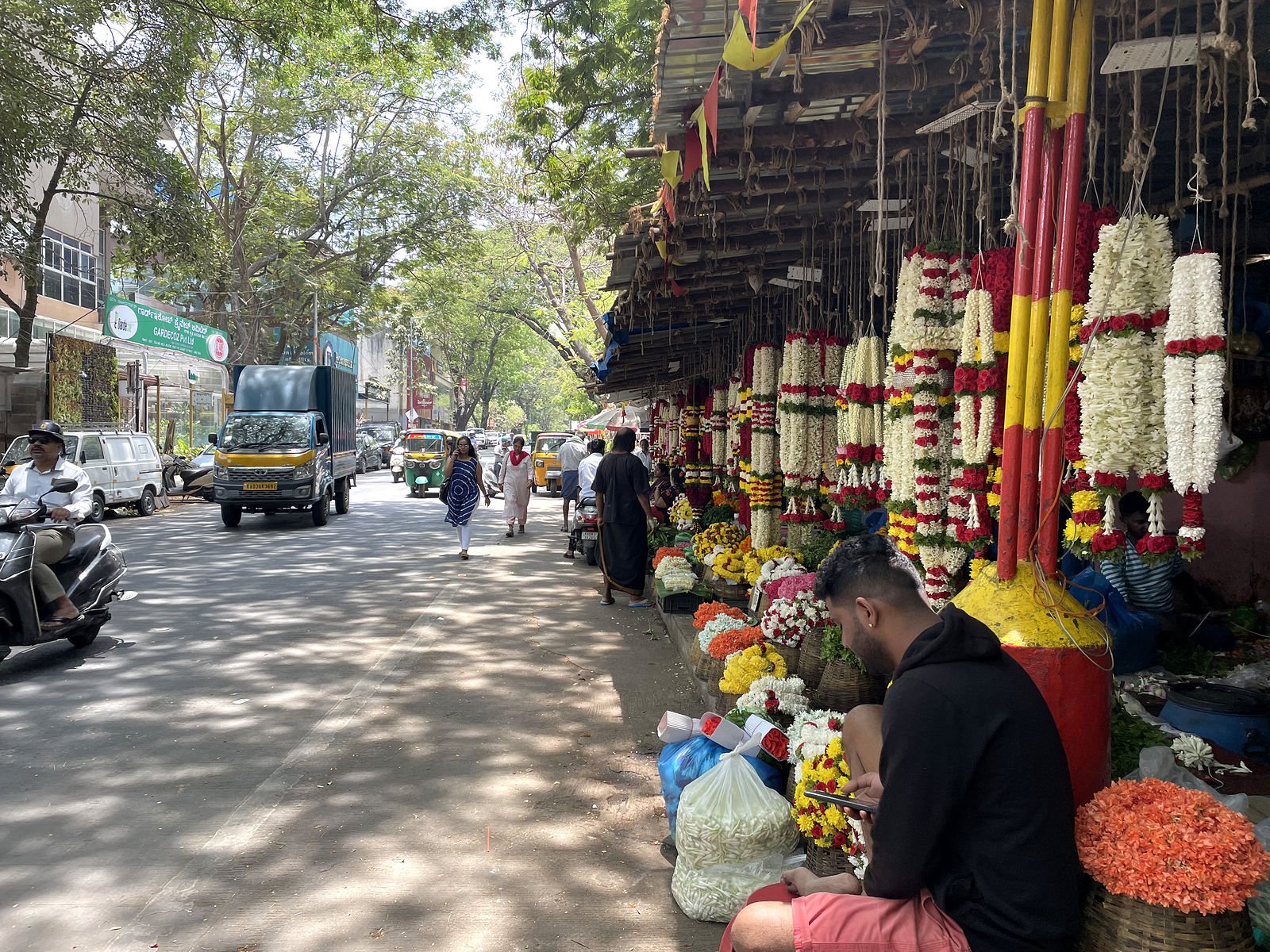



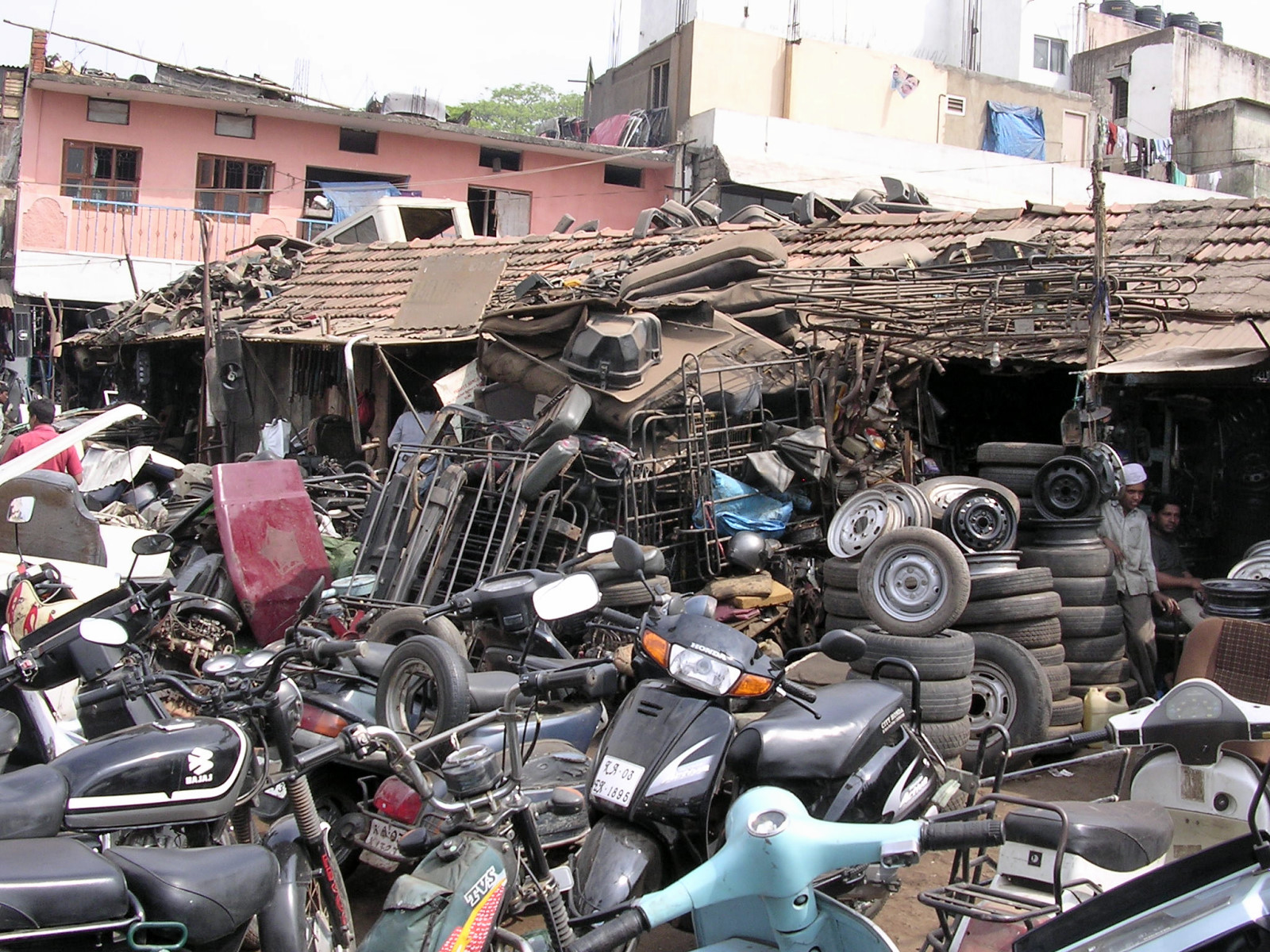
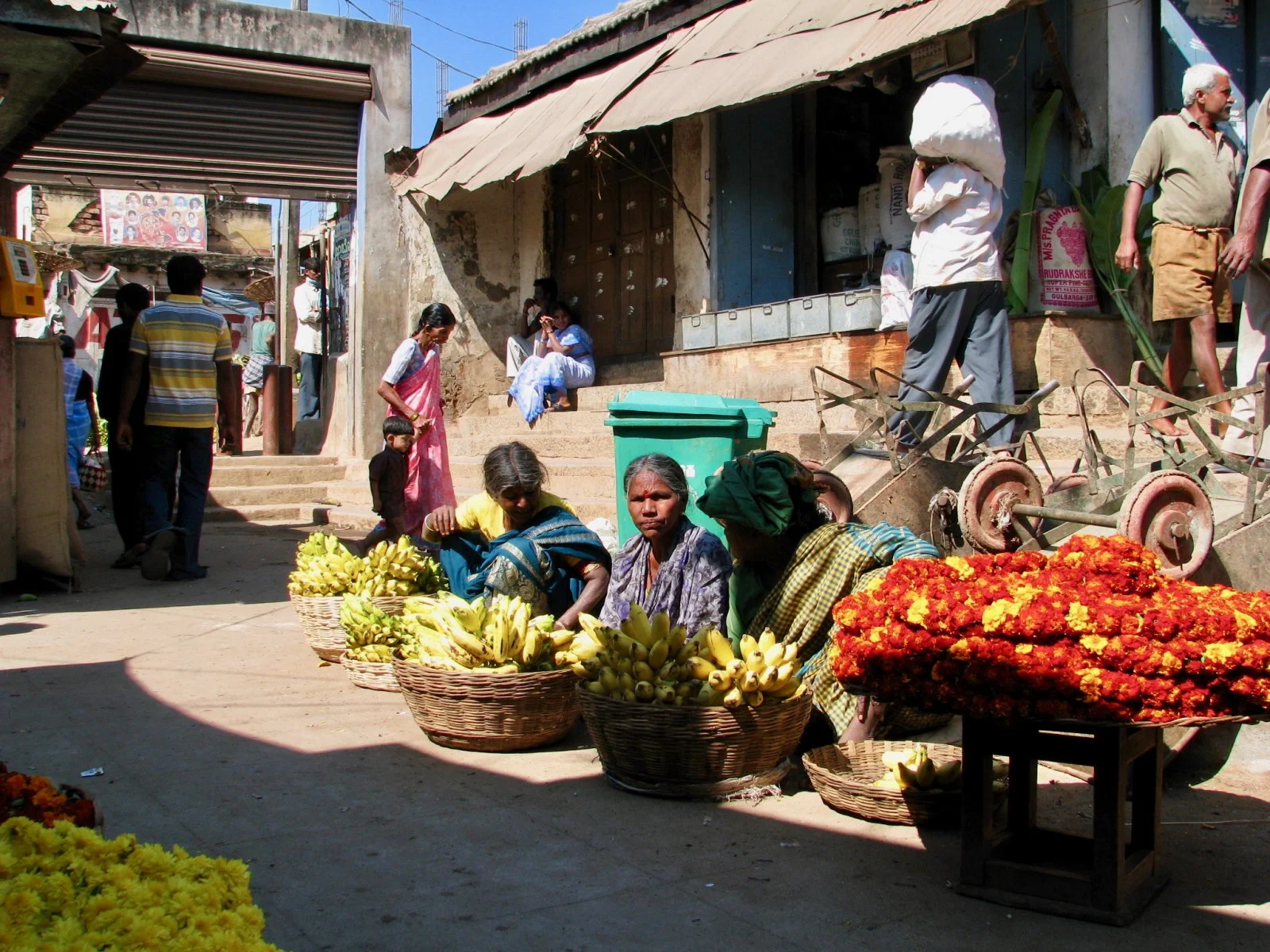
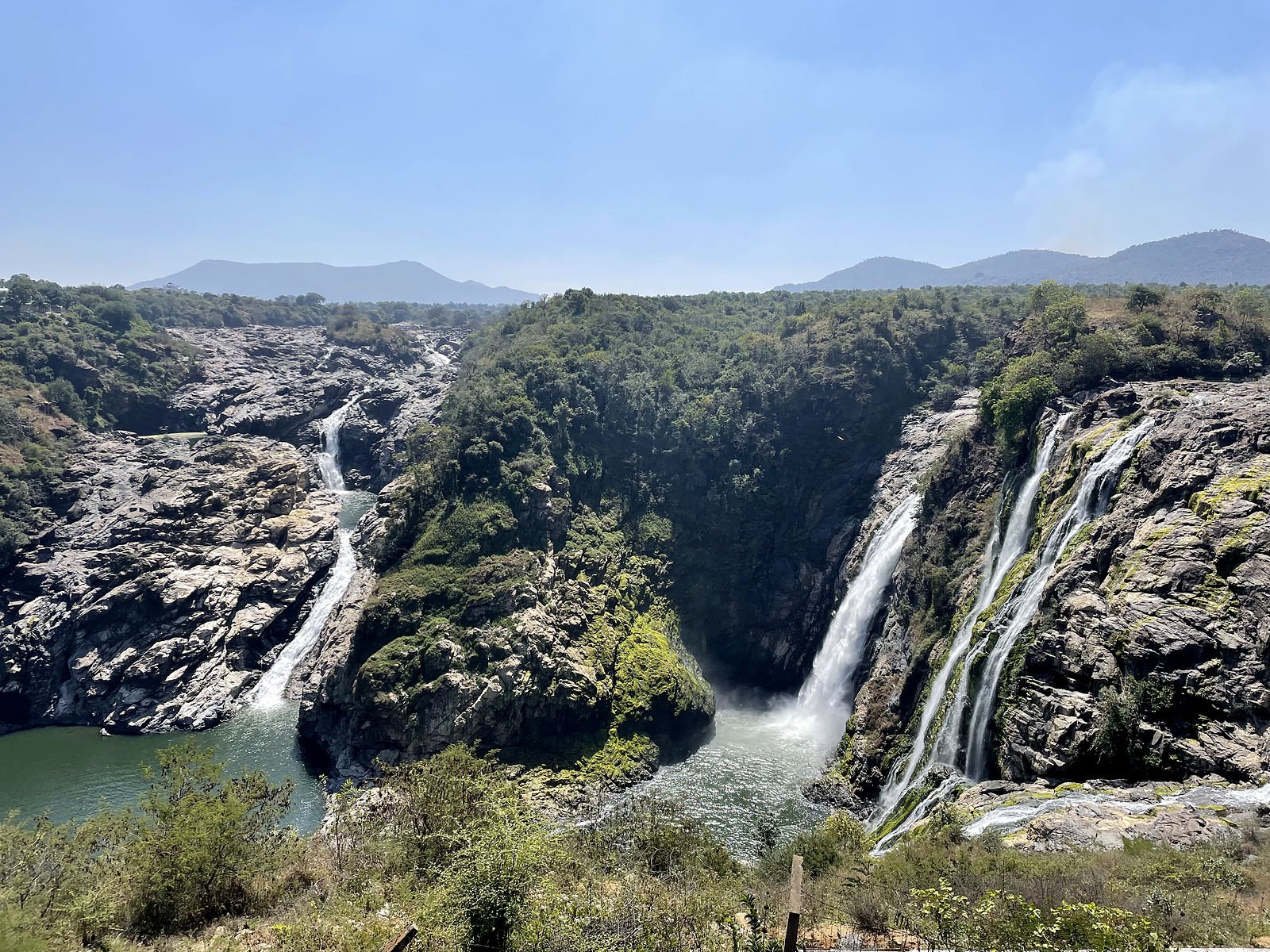
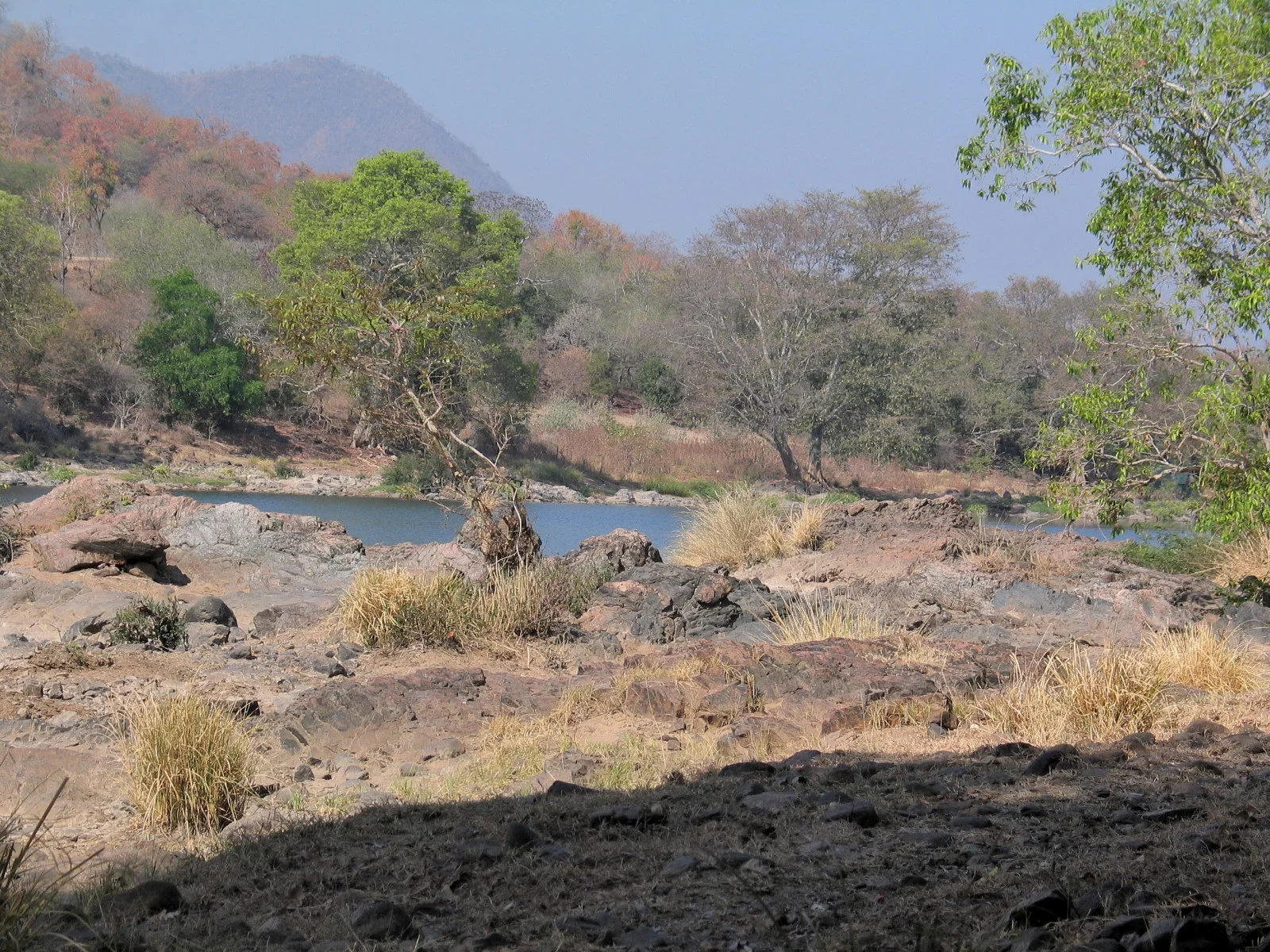


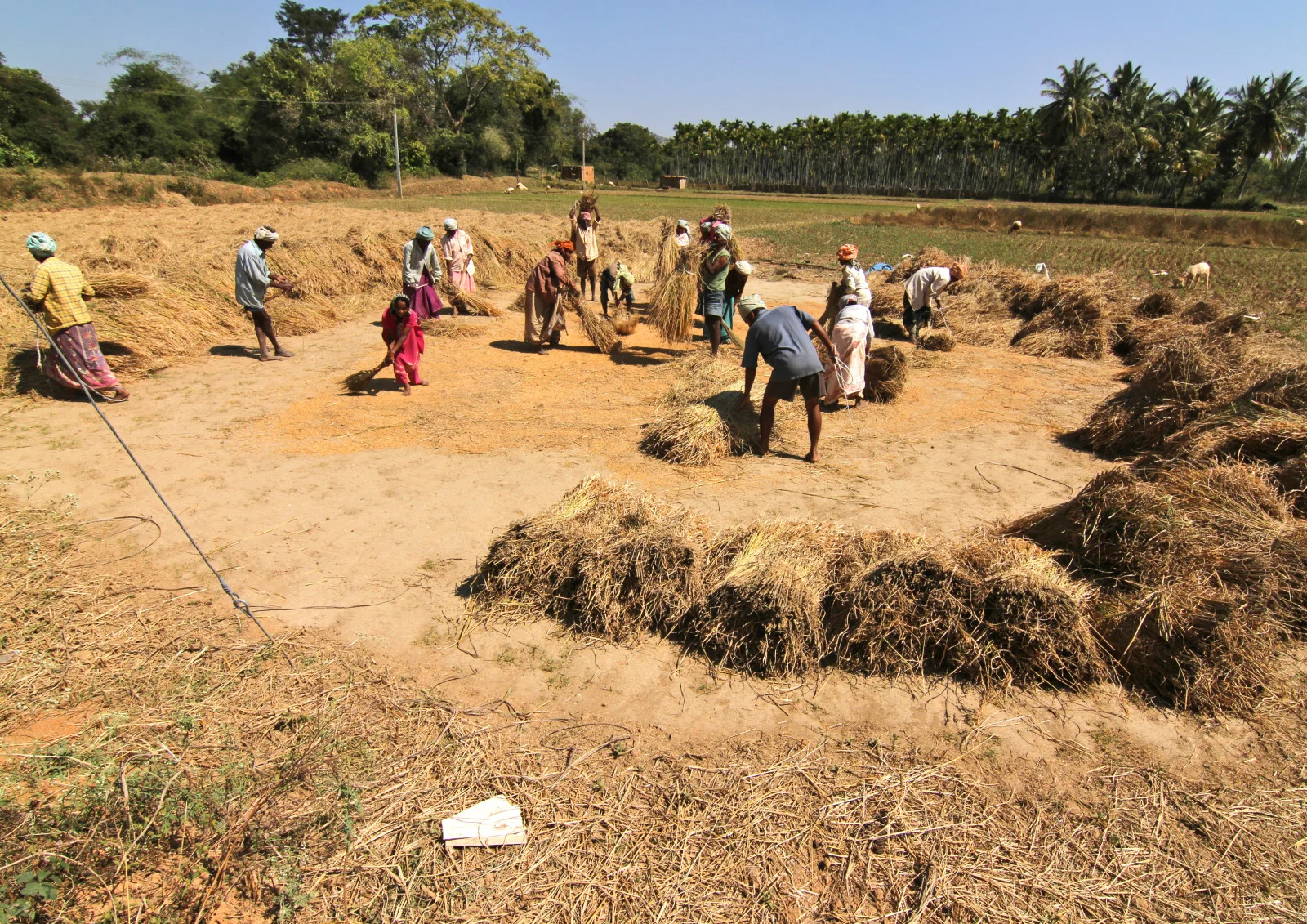
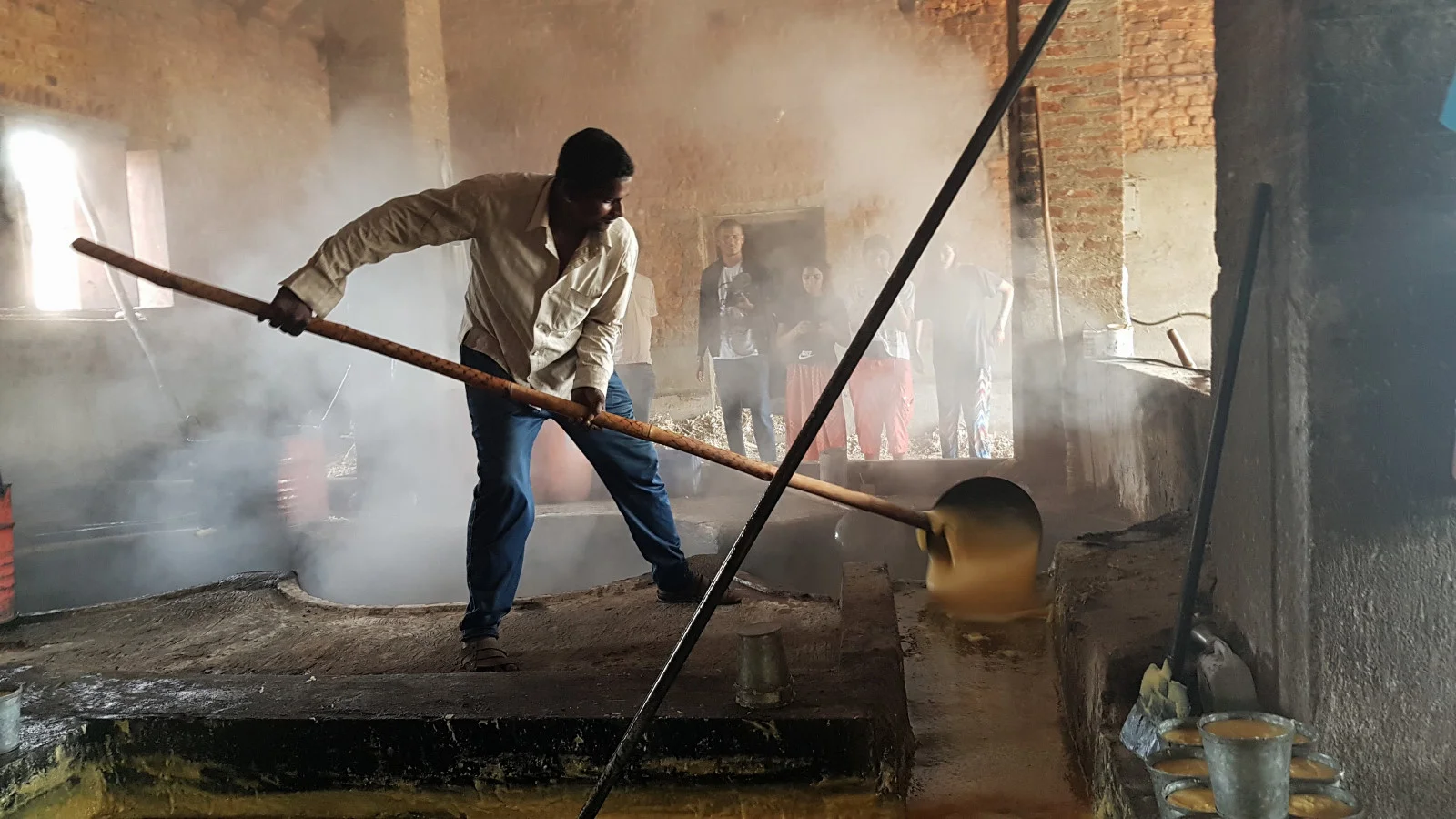
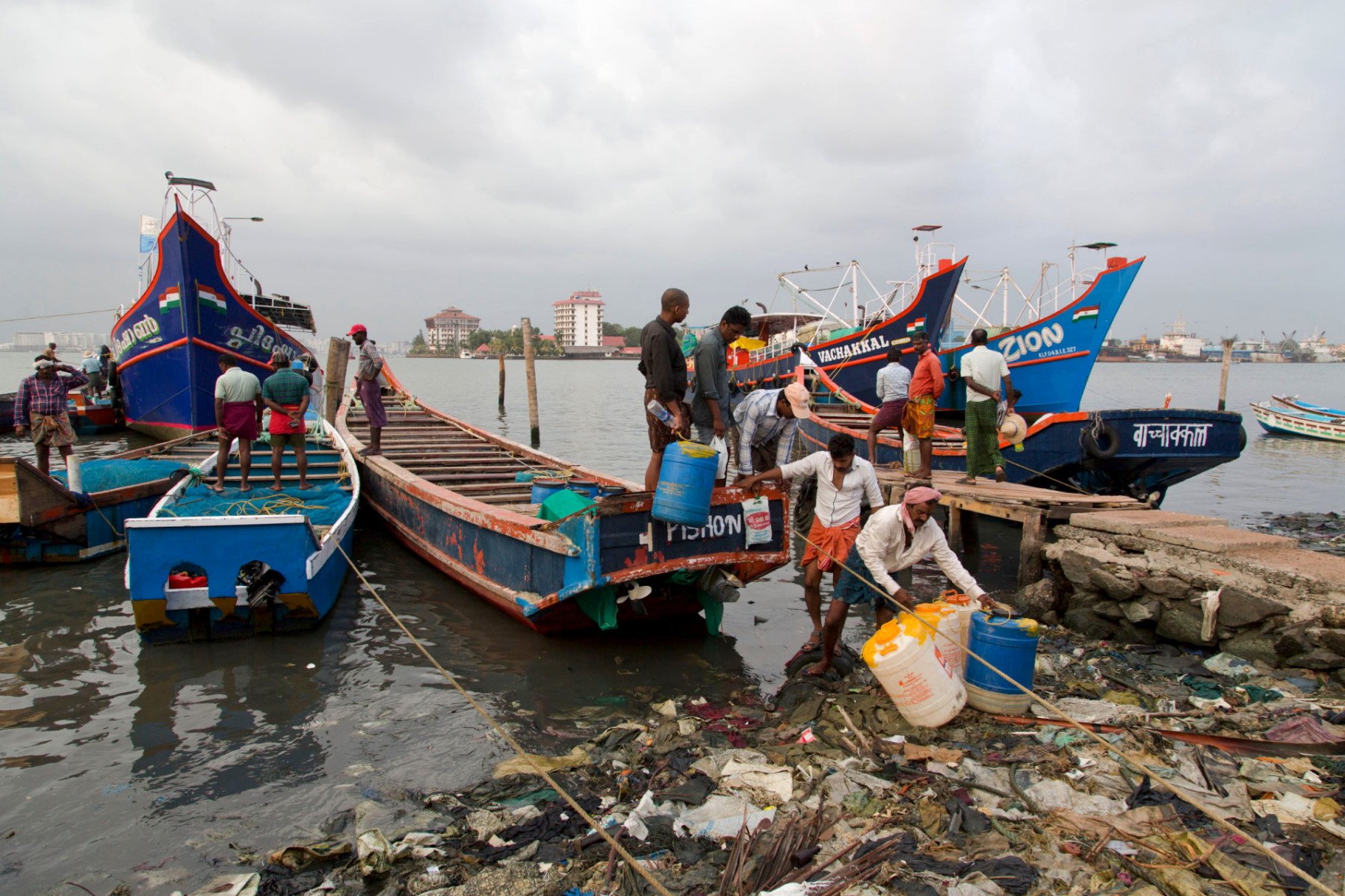
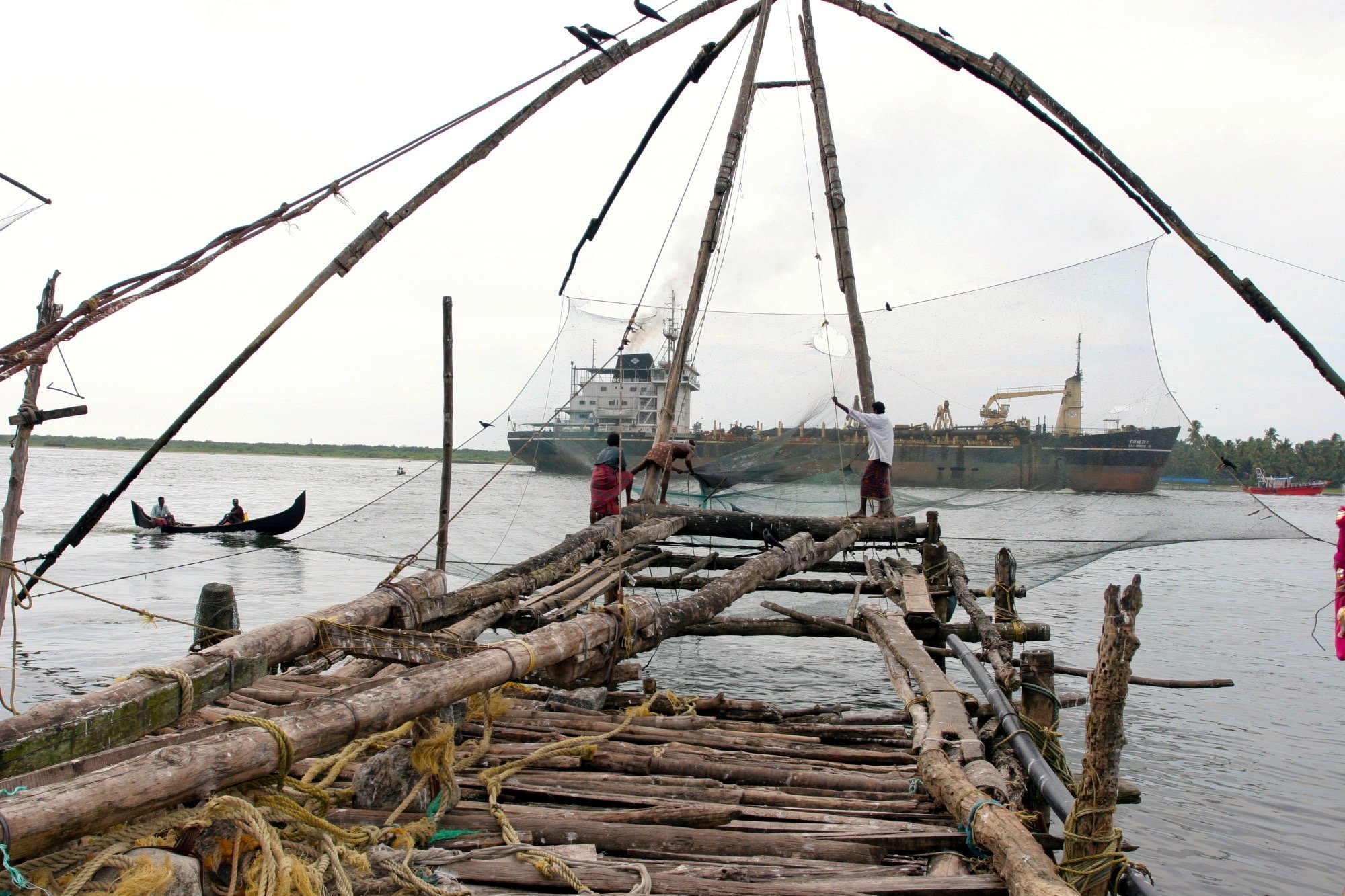
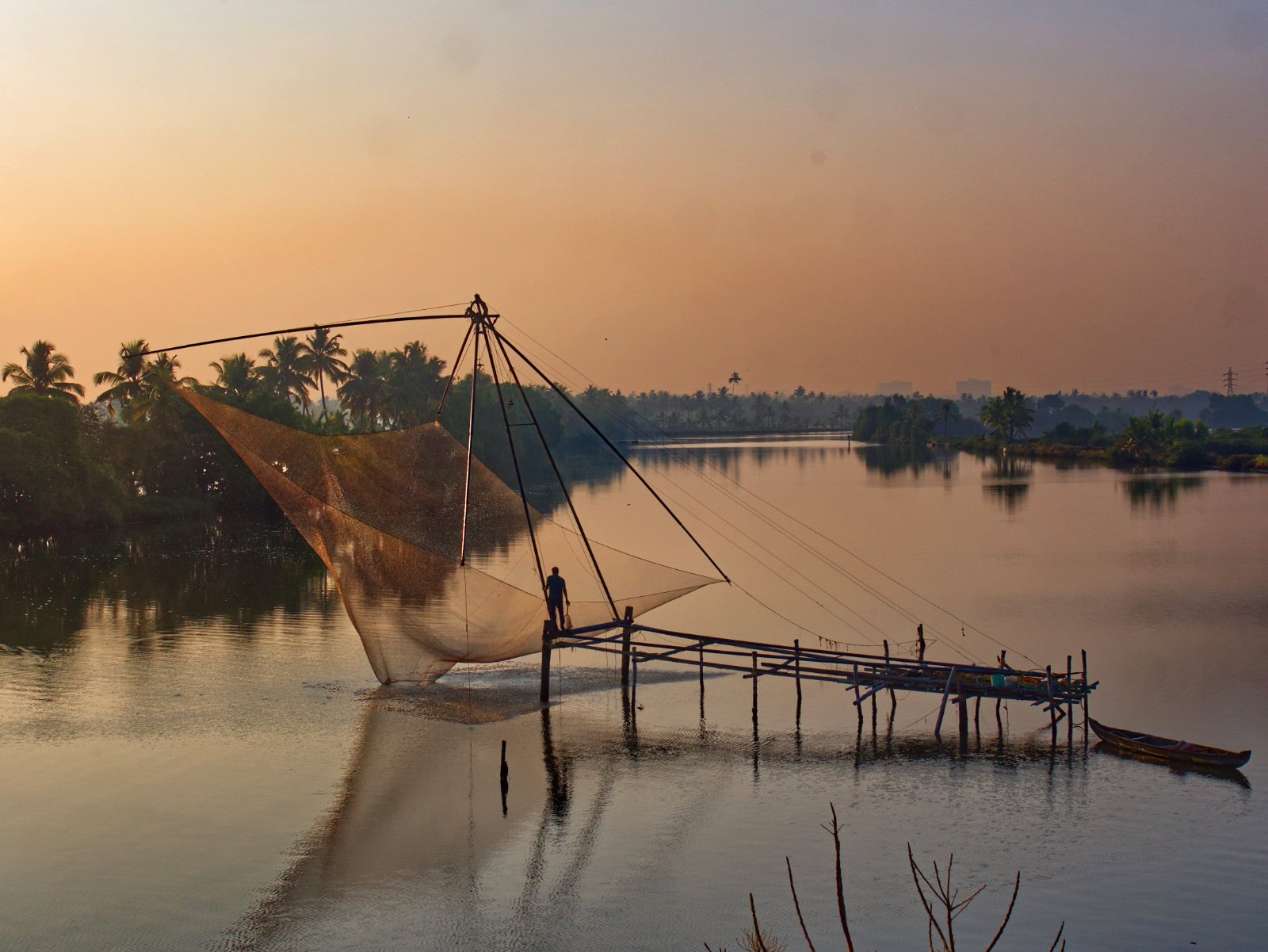
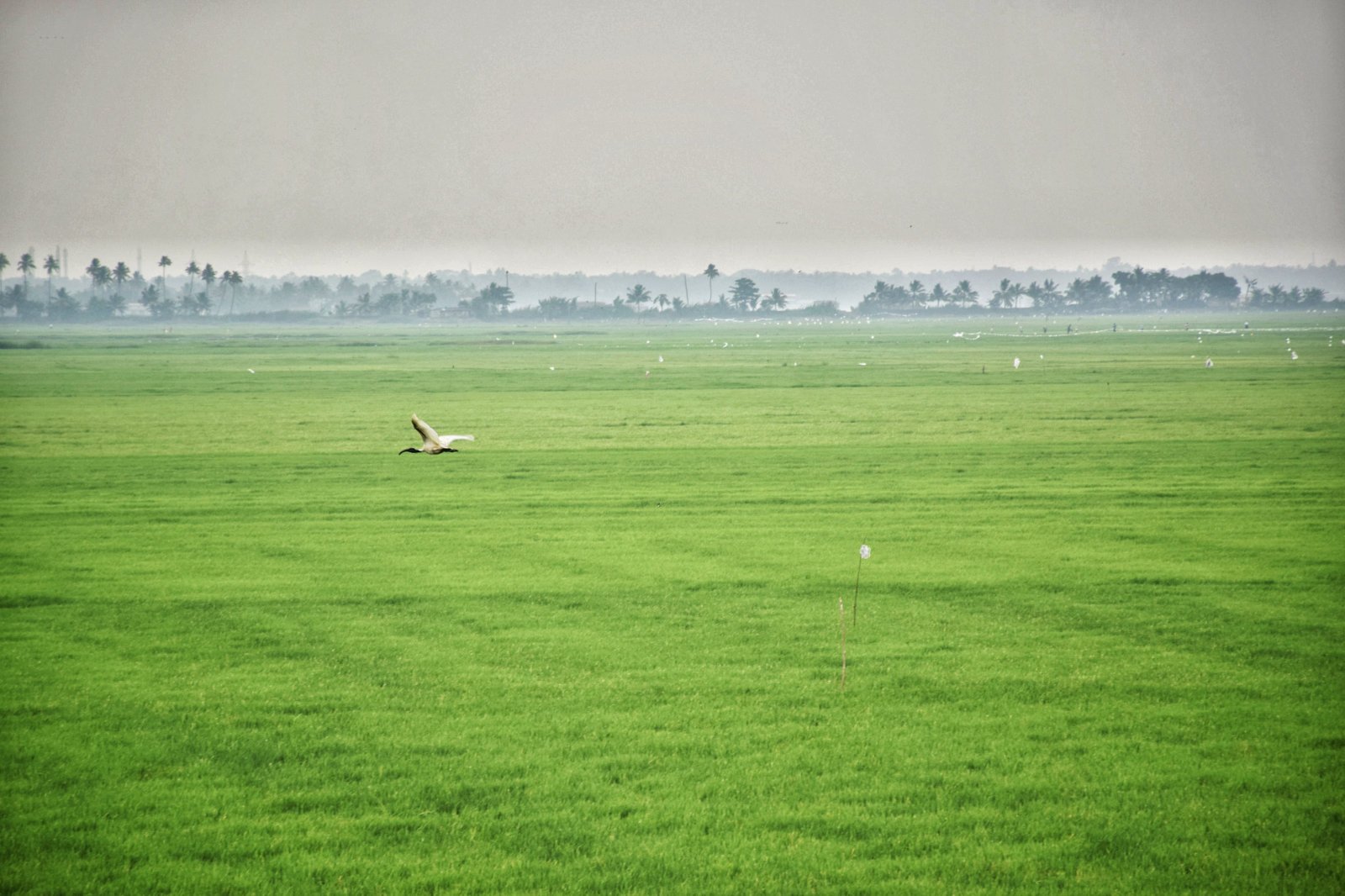
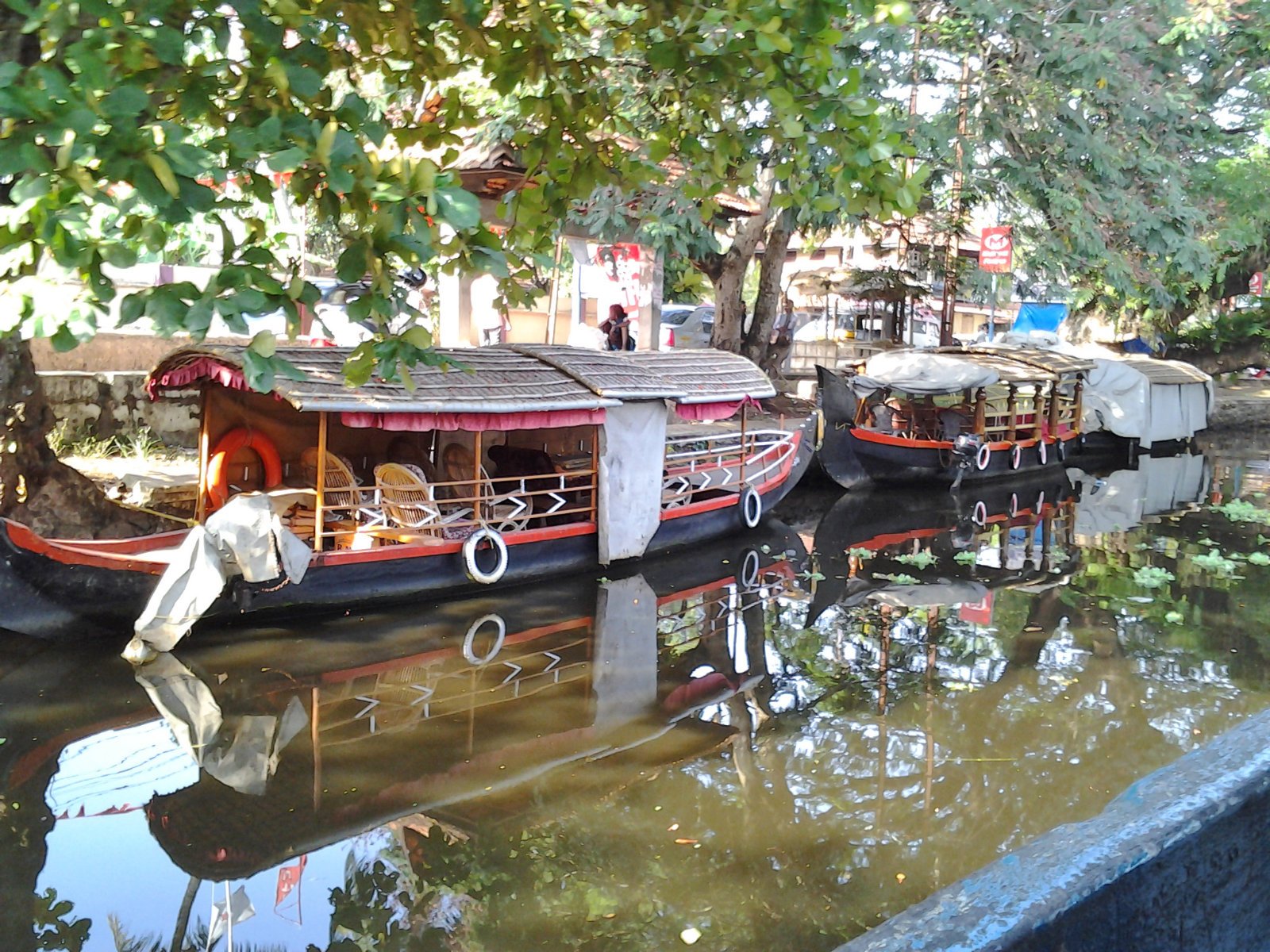

We are currently filling this trip. Places will be confirmed as we receive interest, so please be in touch if you would like to join.
To register interest and find out more click on the button below…
or email us directly at info@stepwellproject.com and we will be in touch with further details.
View our other teacher study visits…

